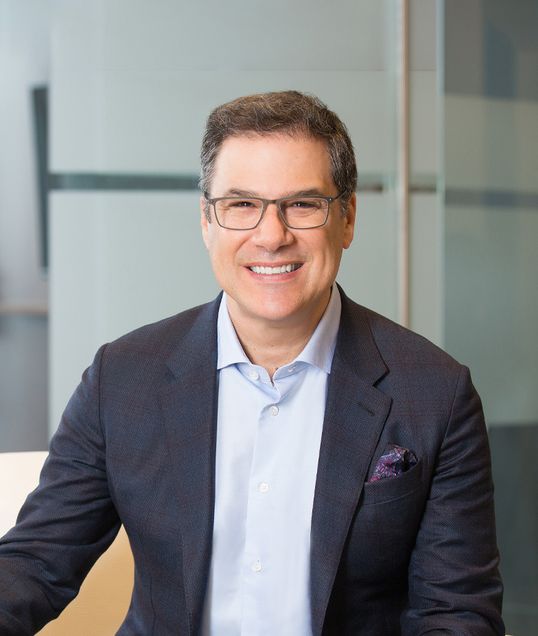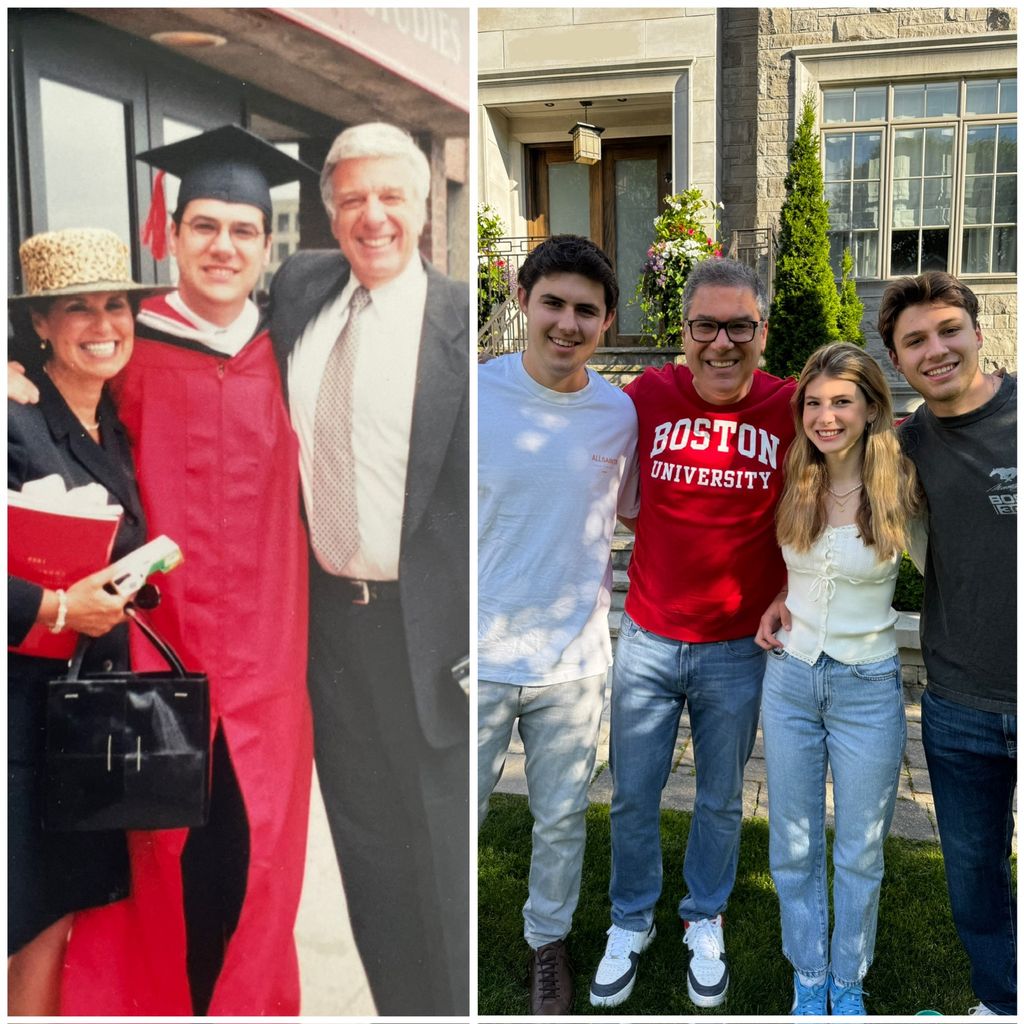Learning the Science of Personality
BU was a launch pad for Richard Davis' organizational psychology career
BU was a launch pad for Richard Davis' organizational psychology career
When he arrived at Boston University as a master’s student in psychology, Richard Davis (GRS’99) was desperate to do a research practicum at The Center for Anxiety and Related Disorders (CARD), an Arts & Sciences clinical and research center dedicated to advancing knowledge and providing care for anxiety, mood, sleep, and related disorders.
But Davis, who came to BU hoping to study connections between technology and anxiety, was assigned to another practicum.
So he wrote to CARD founder Professor of Psychology and Psychiatry David H. Barlow, and asked him to reconsider his decision.

“I wrote a note on paper, it was typewritten, and put it in his mailbox,” Davis said. “I said ‘I came here because I want to work with you and at CARD.’ And sure enough, they ended up offering me a spot there. That research was a springboard for my PhD and my entire career. I’m very thankful.”
Today Davis is a seasoned industrial and organizational psychologist specializing in CEO succession, executive coaching, and helping people do their jobs better. He recently published his second book, Good Judgment: Making Better Business Decisions with the Science of Human Personality, a guide to learning how to better read and understand people and make more informed business decisions—as he did as a masters student in need of a research practicum nearly 30 years ago.
Davis said his time at BU was pivotal to his personal and professional development. He did research through CARD on how people with social anxiety were using the fledgling internet as a proxy for social interactions, and was exposed to the partnerships between scientists and clinical practitioners. He also studied with outstanding faculty members who introduced him to a breadth of topics in psychology and prepared him for his later work.
“There were incredible people doing leading research and great professors, key people in my life, who introduced me to a breadth of topics in psychology, and facilitated really good preparation for going on to practice as an organizational psychologist,” he said. “I had this interest in technology, deep interest in psychology and what makes people tick, and an interest in business. It all came together at BU and it found me, this subdiscipline of psychology of the workplace, industrial psychology.”

After graduation, Davis went on to complete a PhD at York University, and then headed to Chicago to work at RHR International, a leadership consulting firm, where he later headed the private equity practice in Canada. In 2010, he wrote The Intangibles of Leadership: The 10 Qualities of Superior Executive Performance, uncovering patterns of success, and shortly after, founded Kilberry, a leading firm of organizational psychologists, which was acquired by Russell Reynolds Associates in 2023.
As a consultant, Davis said, he met extraordinary people with unique personalities, some who had incredible judgment and some who made really poor decisions. He realized what makes people successful is to have deep insight into other people.
“That’s what my clients outsource to me,” he said. “I assess people, make decisions. At some point more recently it dawned on me, I strongly believe that insight into other people is a fundamental human capability, it’s a cognitive skill that’s connected to our success and happiness in life.”
Davis said that led to his newest book, released on June 11, which explains how to read people better and understand personality in order to succeed. He said this is increasingly important in the digital age, where people are looking down at phones rather than at the people around them, and therefore losing the capability to read other people.”
Davis says the book harkens back to his research at CARD, where he did research on technology and the internet.
“We’re addicted to the internet, like the research I was doing way back then at BU,” he said. “And because our heads are on our phones, we’re not meeting other people. We’re not getting out and meeting people in person, where you’re able to read the nuances of character and behavior and personality. I believe we’re at risk of atrophy, of us losing that capability to read other people. That’s why this work is so important.”